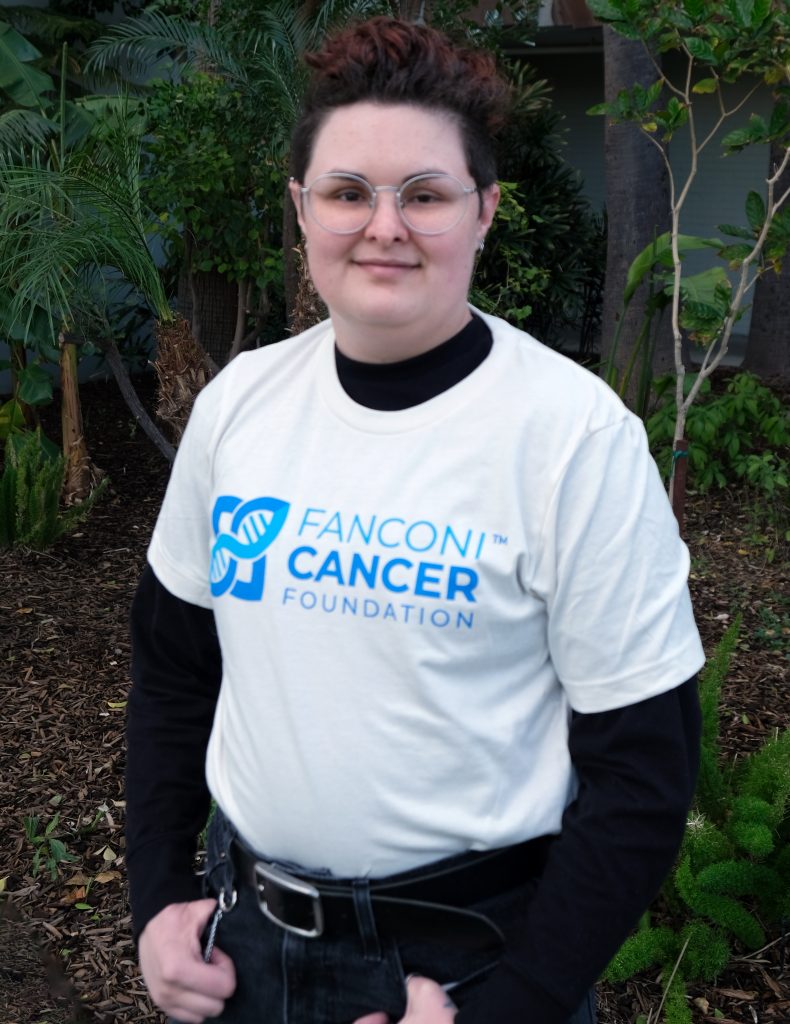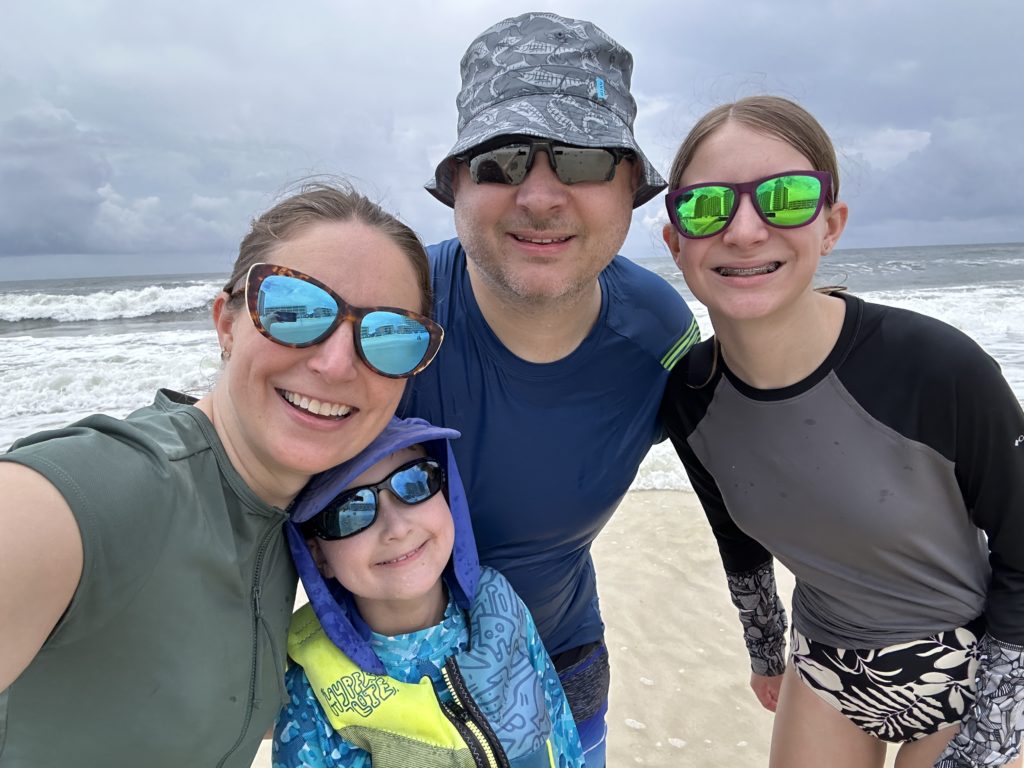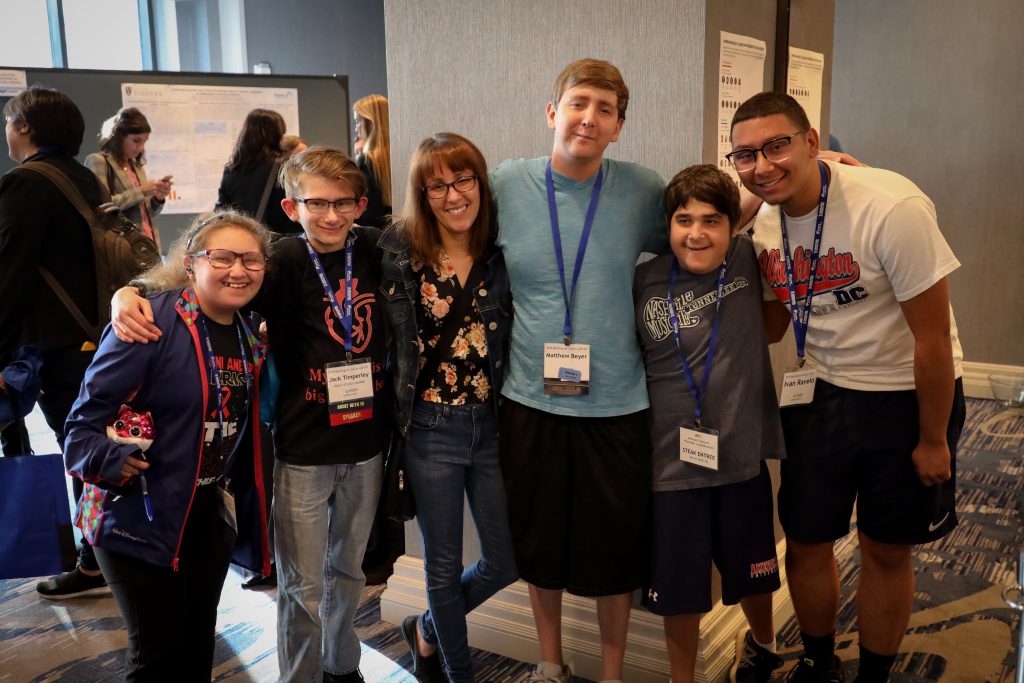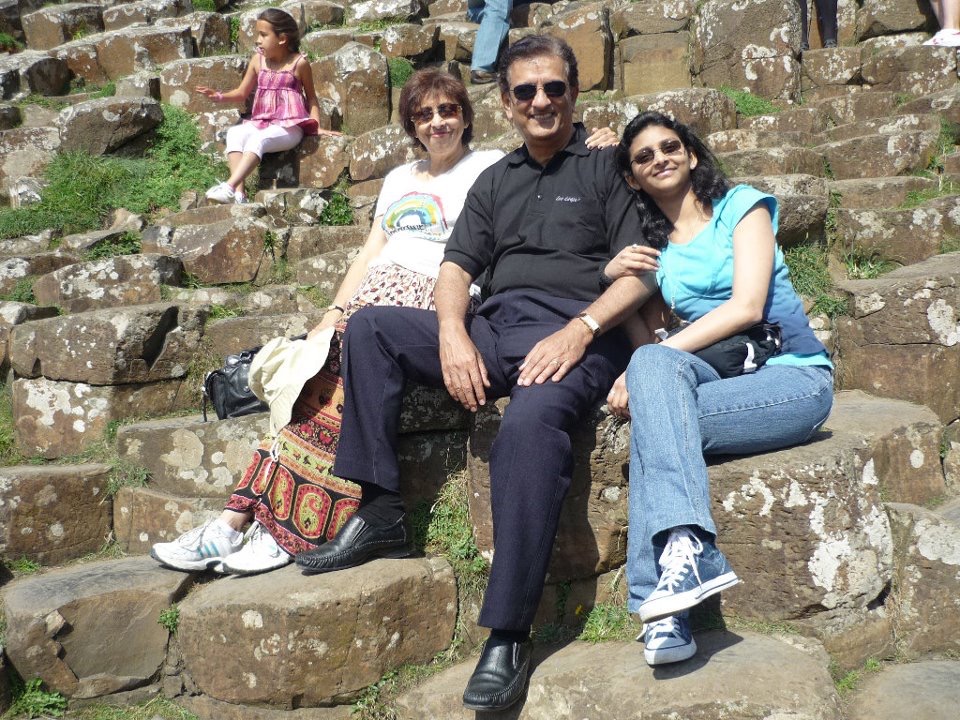My name is Blue Mohr and I’m a 27-year-old living with Fanconi anemia (FA). I’m from Austin, Texas, though I am currently living in Washington, D.C. where I’m pursuing a Master of Public Health degree from the George Washington University with concentrations in epidemiology, cancer, and public health communication and marketing.

A bit about me
I received an early diagnosis in late 1997 from Dr. Arleen Auerbach through DEB chromosome breakage tests. This diagnosis was later confirmed in early 2000 after the birth of my sister, who does not have FA. Subsequent testing identified that I had FA, subtype FANCA. I credit my parents, both molecular geneticists, and the medical team present at my birth for this timely diagnosis.
I’d say I had a very happy childhood. My parents encouraged both me and my sister to have a number of hobbies, most of which I have either kept up with or added to as I grew up. I started playing the cello when I was six years old, and while my right hand gave me some trouble with holding the bow, I think I did very well! I continued playing cello up until I graduated from my undergraduate university. I also enjoy reading, sewing, knitting, crochet, painting, and jewelry making and repair. I am a huge fan of cats in general and my family’s cats in particular. I hope that when I am settled in one place for longer than two years that I will be able to welcome cats into my own home.
Keeping up to date with FA advancements
I am very lucky that I am one of a growing number of FAdults who have not undergone bone marrow transplantation (BMT). Because I was diagnosed so early, my parents were able to keep a very close eye on my health, and enrolled me in clinical studies in order to push BMT as far into the future as possible. Their reasoning was that BMT technology and procedures would advance quickly, and the longer we were able to avoid BMT, the better outcomes I would have. I agree with this reasoning, as BMT outcomes and survival rates have improved phenomenally over the past 20 years. At around the age of 13, I began taking the androgen Oxandrolone to stimulate bone marrow function. Due to my positive response to the medication, I have continued its use, thus far averting the need for a bone marrow transplant.
I am currently enrolled with Dr. Neelam Giri’s Fanconi Anemia Cancer Screening Study at the National Institutes of Health, which aims to improve cancer screening for FA patients, as we are at risk of several kinds of cancers due to the way FA works in the body. I’m very proud to be a part of this study, as cancer is an increasing concern for those of us who have survived to adulthood, especially post-BMT. As part of this study, Dr. Giri and her incredible team continue to screen me not only for signs of developing cancer, but also for issues with my bone marrow, for which I am incredibly grateful. Not only does this study allow me to get regular screenings – something which I otherwise wouldn’t be able to afford as a relatively poor graduate student – it’s also a convenient 45-minute metro ride from my current home.
My personal interest in FA research, mental health, and advocacy
As a student in the field of public health, I hold a special interest in the research conducted by Dr. Giri and her team, Dr. Lindsey Romick-Rosendale’s investigation into metabolic alterations in FA, and the research led by Dr. Megan Voss and Dr. Kathleen Bogart on the psychosocial experiences of FAdults. Of these studies, the latter holds particular significance to me, as I have long advocated for a greater emphasis and support for mental health in the context of living with FA.
The dedication of these researchers and the insights they provide have not only motivated me to pursue a Master of Public Health but also inspired me to give back by becoming a member of the FAdult Council and participating in the emerging FA Advocacy Program.
Through the FAdult Council, I have the opportunity to support the FCF staff and board of directors by offering insights gained from my experience as a member of the FA community. This enables us to assist FCF and researchers in delivering the best resources, knowledge, and care to the entire community. The Advocacy Program operates on a similar premise, allowing FAdults and FAmilies to share their experiences and stories with scientists, facilitating the creation of focused studies that benefit the entire community.
I’m honored to help advance these initiatives and encourage you to participate where and however you can!




